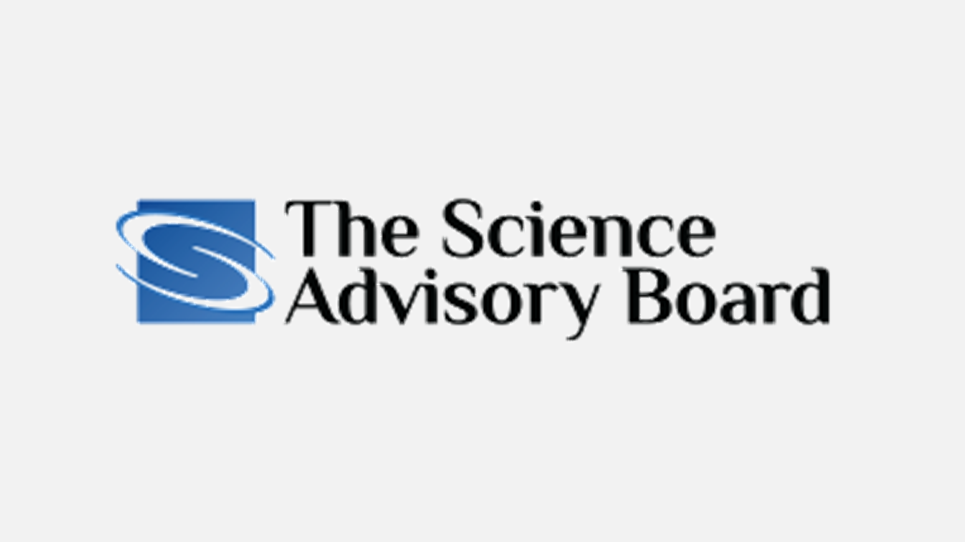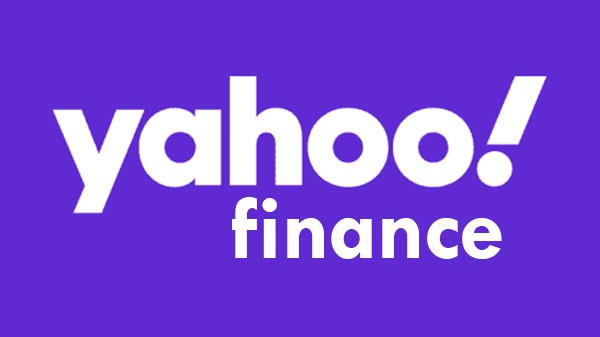The market for artificial intelligence (AI) in drug development and discovery has been red-hot in recent years. The potential impact that AI can offer to human health and pharmaceutical development has grown in concert with the enabling technologies in computer processing and digitization, as well as new breakthroughs in machine-learning research.
What has happened in the industry this year?
As the confidence in AI for drug development grows, new partnerships between AI specialists and pharmaceutical companies are announced daily. This year has already offered major headlines about new collaborations and milestones from existing partnerships. Here is a selection of main developments during the first half of 2021:
- AbCellera and Gilead Sciences announced a new multitarget antibody discovery collaboration building on their previous infectious disease partnership from 2019. AbCellera is now starting to reap the fruits of its labor, as its successful antibody discovery programs earned the company $203 million in revenue in the first quarter of this year, including $178 million in milestones and royalties.
- Gilead Sciences also announced a very interesting partnership during the first half of 2021, this time with Gritstone Oncology to create a vaccine-based immunotherapy as a cure for HIV. Under the terms of the deal, Gilead is paying Gritstone $30 million upfront and a $30 million equity investment, and potentially an additional $725 million in regulatory and commercial milestones and royalties on net sales.
- BenevolentAI and AstraZeneca have been collaborating closely since 2019 to use AI and machine learning for the discovery and development of new treatments for chronic kidney disease (CKD) and idiopathic pulmonary fibrosis (IPF). In January, AstraZeneca announced it has selected a novel CKD target to advance to its drug development portfolio, making it the first AI-generated target from the collaboration to enter the company’s portfolio.
- Another major announcement this year came from Exscientia, which initiated a multitarget, AI-driven drug discovery collaboration with Bristol Myers Squibb. The agreement included up to $50 million in upfront payments; up to $125 million in near to midterm potential milestones; and additional clinical, regulatory, and commercial payments that take the potential value of the deal beyond $1.2 billion.
- CytoReason, an Israeli company developing a computational model of the human body for faster drug discovery and development, announced a collaboration with Ferring Pharmaceuticals, which aims to establish new treatment options for patients with inflammatory bowel disease. CytoReason’s approach to expedite clinical and preclinical drug development programs is already in use by some of the largest pharmaceutical companies, including Pfizer, Sanofi, and Roche.
- Insilico Medicine discovered a novel preclinical candidate addressing IPF. Often found implicated in a wide range of diseases and multiple organs — such as the lung, liver, and kidney — IPF addresses a broad medical need that affects hundreds of thousands of individuals worldwide.
Read the full article at The Science Advisory Board. Or find the original article from Emersion Insights here.



